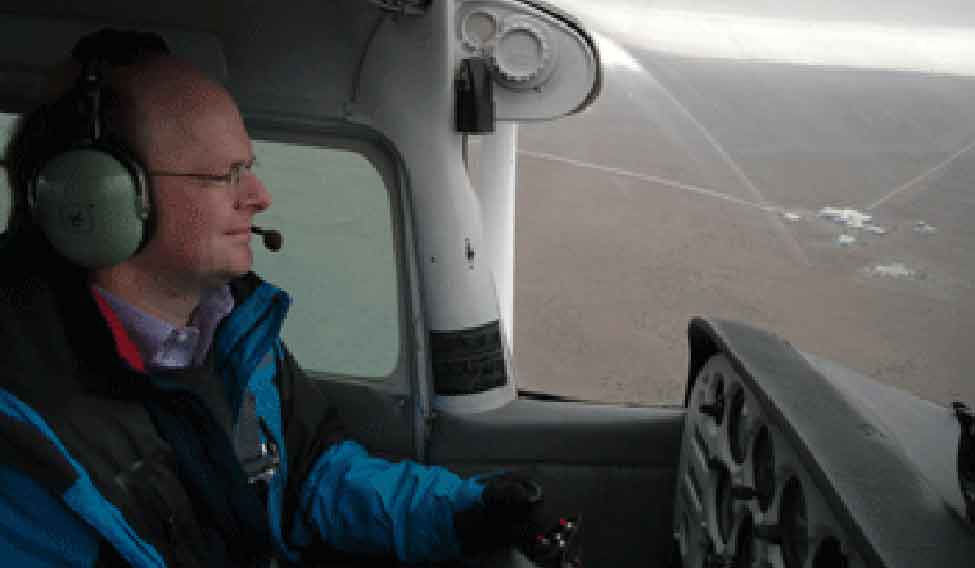Ed Daw from the University of Sheffield, UK, has been part of the LIGO scientific collaboration that made the recent discovery of gravitational waves. Daw, who has been researching gravitational waves with LIGO since 1998, now works with a team of six researchers. In an exclusive interview with THE WEEK, he says why the discovery is a big deal and why even the person on the street should be excited.
Excerpts:
Congratulations on being part of the discovery of the century.
Thank you. It feels good to be in this exciting space. I would, however, call it a strong contender for the discovery of the century. There are others like measurements of cosmic background radiation which have been as fascinating.
How will this discovery change my life?
Well, the gravitational waves discovery may not really change the lives of people on the street. But before the discovery, a lot of engineering problems had to be solved to get where LIGO is right now, so along the way you do discover stuff that can change ordinary lives. The engineering developments have spawned a lot of technology, which can be routed to other uses.
One of this was lamina flow hydraulics. When heavy objects like the arms of the detector have to be moved, we use hydraulics. But when there is a lot of hydraulic, it gets turbulent. LIGO developed a system in which liquid flows in a laminar or streamlined fashion, so there is no noise. I can imagine a host of industrial uses of this application.Initiatives like LIGO make people hurry up with developing a lot of technology in a short time. I foresee a myriad engineering benefits to come out bit by bit.
Isn't it ironic that the new discovery was published in Physical Review Letters, a journal where Einstein's original paper had been negatively critiqued initially?
It happens. Reviewers may not always understand what the writer is saying; they are also overworked. They review without remuneration. It has happened to my papers, too. Also, let us not forget that back then, Einstein was not the big name he today is.
There are some scientists who say that the discovery has fit in almost too perfectly with Einstein's general theory of relativity and now the challenge will be to prove areas where the theory deviates.
Well, general relativity has always been in a funny place; it is not easy to reconcile it to quantum physics. The difficulty is how to put all the physics together. General relativity has always behaved well in weak gravitational fields; the recent discovery is an important step in testing its behaviour in strong fields. The future is going to be interesting.
LIGO, they say, was working at only a third of its sensitivity when the discovery was made.
Yes, it's just about started, and the machine was not even working in the scientific mode, but in the engineering mode when it collected the data. The sensitivity can be increased by a factor of three over the next few years. And when recordings get triangulated with VIRGO in Italy getting operational and an Indian centre coming up, we will have much better readings and will get to do much better science.
The Indian contribution to the discovery has been fairly good.
Yes, and I really hope the LIGO India centre comes up soon. India is showing enormous scientific muscle. I met some astroscientists from India some time ago and I was very impressed by their enthusiasm.
If the detector does come up in India, your country will benefit in many ways. It will attract so many more scientists to the field. It will also throw up new engineering and technological challenges, overcoming which will give India so much new technology to put to other industrial use.






